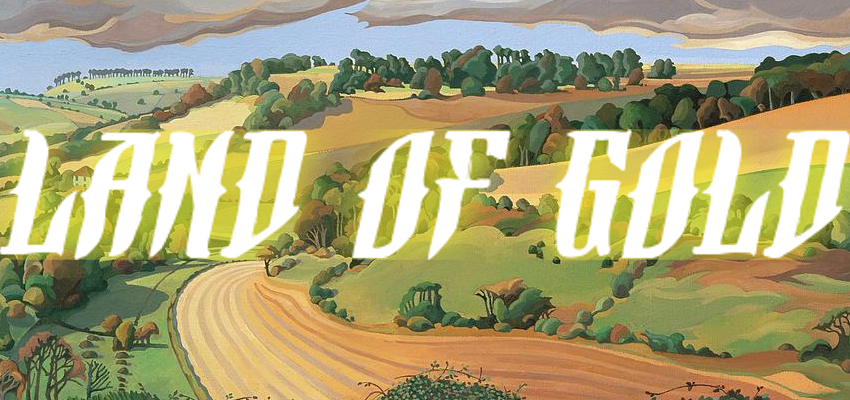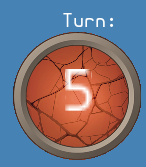
Board game tile effects and turn counter
2 mins
The effects of the board tiles and the turn counter
Overview
There are four types of tiles on the board: Player Tiles, Produce Tiles, Event Card Tiles and Global Event Card Tiles. Each tile applys a different effect when a player lands on it. There is also a turn counter which keeps track of the number of turns and is used by certain tiles
Tiles
Here are the four tiles:
Player Tiles
Each player has their own player tile on a corner of the board. If a player lands on a player tile that isn’t theirs then they must give some of their produce to the owning player. In exchange the player gets money from a bank equal to the amount of produce they gave. The minimum amount of produce players can give is the turn number, for example, if it is turn 5 the minimum is 5. The maximum a player can give is the turn count + 5, for example, if it is turn 5 the maximum is 10.
Images
Here are the four player tiles
Dragon:

Snipper:

Sea Noodle:

Mandrake:

Produce Tiles
When a player lands on a produce tile, their produce increases by their produce gain. Each player’s produce tile looks different depending on the type of creature or plant they farm.
Images
Here are the four produce tiles
Dragon:

Snipper:

Sea Noodle:

Mandrake:

Event Card Tiles
When a player lands on an Event Card tile, they draw an event card and add it to their hand. This is mentioned in previous blog posts. Each player’s Event Card tile looks different depending on the type of creature or plant they farm.
Images
Here are the four Event Card tiles
Dragon:

Snipper:

Sea Noodle:

Mandrake:

Global Card Tiles
When a player lands on an Global Card tile, they draw a global card which can massively change the game. Unlike the other tiles, the image stays constant between players.
Images
Here is the global card tile

Turn Counter
The Turn Counter increments after the last player (the mandrake player) has ended their turn. As previously mentioned it is used for the player tile to dictate the amount of produce given by players. Once the turn counter reaches 20 (original board game was 10) the player with the most amount of produce and money wins the game.
Image
Here is the turn counter in-game:
Subscribe
Subscribe to this blog via RSS.
Categories
C++ 30
Directx12 11
Mario kart 11
Commercial games development 15
Unity 15
Recent Posts
Popular Tags
Low-level programming (19) C++ (30) Text based adventure (5) Ex-machina (9) Game engine programming (11) Directx12 (11) Mario kart (11) Land of gold (5) Audio visual production (1) Commercial games development (15) Unity (15) Don't walk by (15)

